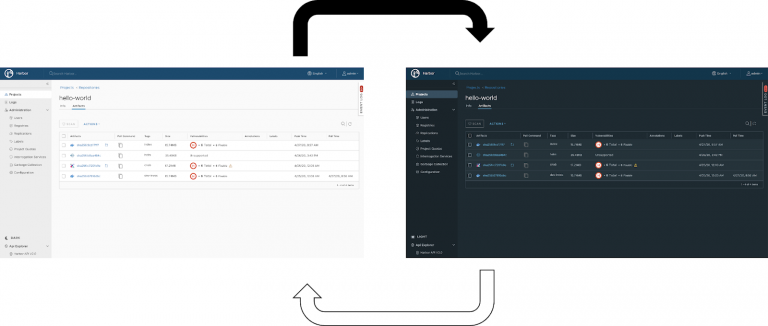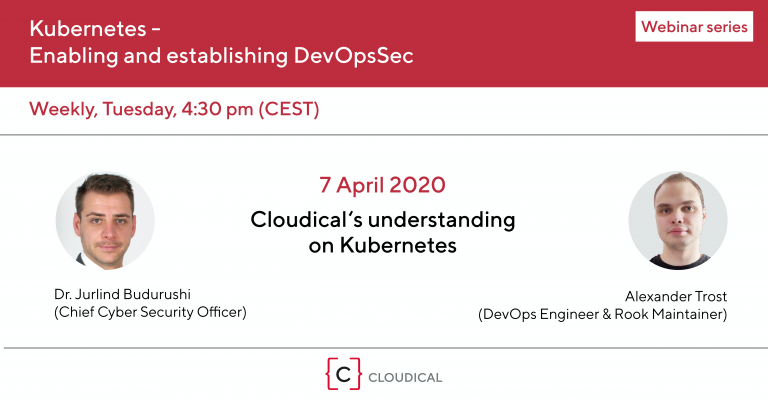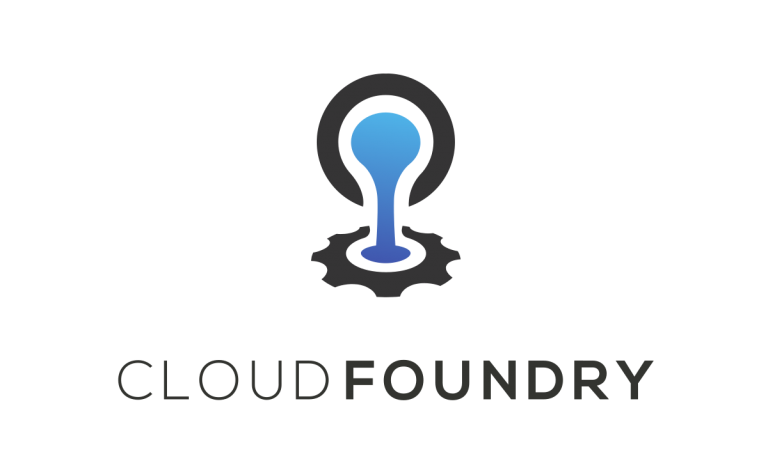
AUSTIN, Texas A hat trick of news from the OpenStack Foundation (OSF) highlights momentum gains in the edge computing community. First, a white paper released today by the OSF Edge Computing Group describes how advancements in defining edge architecture options are being guided by open source communities. The white paper, “Edge Computing: Next Steps in Architecture, Design and Testing,” describes specific ways open infrastructure operators are shaping the future of edge computing by collecting use cases and technology requirements and contributing architectures, open source components and considerations for testing activities. Continue reading “Edge Computing Use Cases Gain Momentum in Open Infrastructure Community—OpenStack Foundation”







